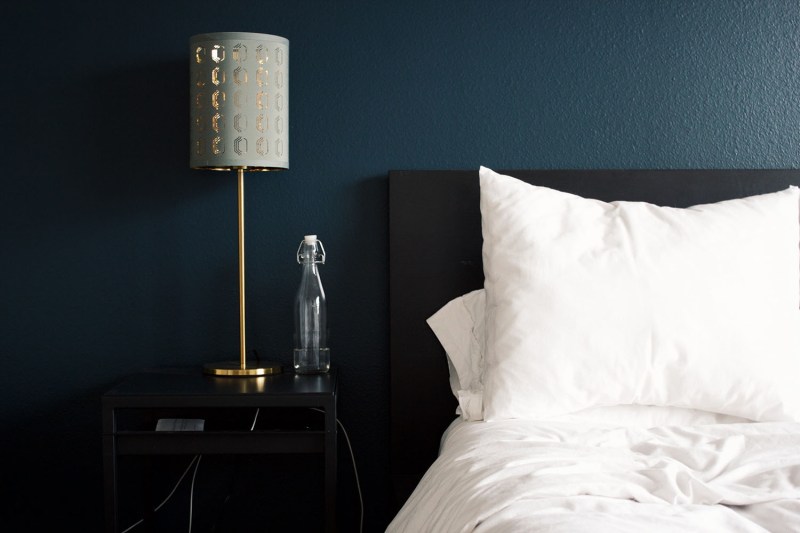
It ain’t easy to be an American traveler right now. Large swaths of the world, including most of Europe, are closed to visitors from the U.S. Some states are even enacting their own travel restrictions for interstate travelers. That doesn’t mean travel is entirely off the table, however, as many of us look instead to road-tripping, staycations, and other domestic alternatives. No matter the option, it often means overnighting in a hotel. It’s not without its risks, but it can be safer than you might think. Here’s how to prepare for and stay safe at a hotel amid the COVID-19 pandemic.
What Hotels Are Doing
First, it’s worth noting that most hotel chains are bending over backward to ensure guests stay safe. Given the historic downturn in worldwide travel, it’s in their best interests to do so. Most major hotel groups and hotel chains — including IHG, Marriott International, Wyndham, Omni, and others — have pledged to use new industry-wide SafeStay guidelines. These were developed according to CDC recommendations.
Under the new cleaning protocol, employees are required to wear masks and gloves throughout most or all of their shifts. Rooms will be cleaned more rigorously and to a much higher standard than before with higher-alcohol products. Public areas will be wiped on a regular basis throughout the day, and hand wipes and sanitizer will be provided throughout many properties. Like almost every store, restaurant, and business, hotels will also be encouraging guests to social distance at check-in and throughout their stay. Some are already offering contactless check-in at kiosks or through their own mobile apps.
What Hotel Guests Can Do Too
Given everything most hotels are already doing to stem the spread of infection, it’s safe to assume that hotel rooms are safe. But, it doesn’t hurt to take extra precautions. The CDC recommends wiping down the most frequently used surfaces in your home at least daily, and the same goes for hotel rooms. Pack disinfecting wipes to sanitize doorknobs, handles, remote controls, light switches, and bathroom fixtures — anywhere likely to be touched by hotel staff and previous guests. To seriously up your cleaning game, pack a handheld sterilizer. The CleanPod UVC Sterilizer from Monos is lightweight, packable, and guaranteed to kill 99.9% of germs at the press of a button. It’s a great tool for cleaning phones, laptops, and anything that shouldn’t be cleaned with chemicals.
The biggest threat of infection from COVID-19 is through person-to-person contact. With that said, experts agree that using the bedding, bath towels, and soap in your room is quite safe. There is always the possibility of infection from these items, but the CDC confirms that it’s remote. As part of the SafeStay guidelines, hotels are washing all linens in the warmest water possible and drying them thoroughly before delivering them to guest rooms.
Aside from being and smelling a bit cleaner, you probably won’t notice much of a difference in your own hotel room. Public spaces will be another matter, however. Many hotels are closing or heavily limiting the use of pools, gyms, conference centers, and breakfast buffets. It’s best to call ahead or check with reception on arrival for an update on what’s open and what isn’t. If you decide to hit the fitness center, pool, or hot tub, aim for off-peak hours when you won’t be sharing the space with many other guests. Expect hotels that usually tout free breakfast bars to have replaced them with grab-and-go options to keep guests from lingering.
Lastly, it should go without saying, but: Wear a face mask. Because the spread of COVID-19 depends heavily on person-to-person transmission, this is the single best thing you can do to stay safe at hotels and anywhere else in public for that matter.



